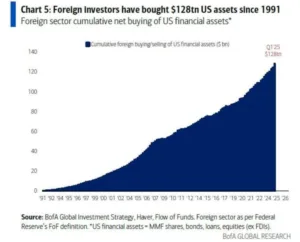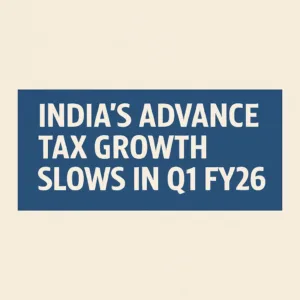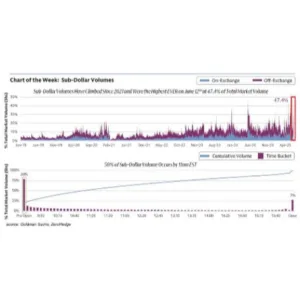The Bank of England has cut borrowing costs for the second time this year, though it hasn’t committed to speeding up rate cuts. Officials cautioned that the latest government budget could raise inflation by as much as half a percentage point.
Eight of the nine Monetary Policy Committee (MPC) members, led by Governor Andrew Bailey, voted to reduce the key interest rate by 0.25% to 4.75%. Catherine Mann, an external member of the committee, voted against the change, wanting to keep rates at 5%. This decision met expectations among economists.
November UK Interest Rate Decision
Actual rate: 4.75%, down from the previous 5%, and in line with predictions.
Eight MPC members supported a 25-basis-point cut, while one opposed it.
Budget’s Effect on Inflation
The Bank of England noted that the recent budget could push peak inflation up by about 0.5 percentage points.
MPC Vote Outcome
Policymakers voted 8-1 to lower the interest rate by 0.25% to 4.75%. Catherine Mann was the only member who voted to keep it at 5%.
Inflation and Economic Forecasts
The Bank’s new forecast suggests that consumer price inflation (CPI) will be 2.7% in one year (up from a previous 2.4% prediction in August) and 2.2% in two years (up from August’s 1.7%), assuming current market interest rates.
Impact of Budget on Inflation
The Bank projects the budget will add around 0.5 percentage points to inflation by the peak period between mid-2026 and early 2027.
GDP and Employment Predictions
For the third quarter of 2024, the Bank estimates GDP growth of 0.2%, slightly lower than its September forecast of 0.3%. Growth in the fourth quarter is expected to be around 0.3%. Unemployment is projected at 4.2% in Q4 2024 (previously forecasted at 4.4%), decreasing slightly in 2025 and 2026.
The Bank expects GDP to increase by about 0.75% due to the budget over the next year.
Effect of National Insurance and Wages
The rise in employer National Insurance contributions in the budget is likely to raise prices slightly but may lower wages and company profits.
Gradual Rate Cuts Ahead
Governor Bailey stated that gradual rate cuts are likely to continue if economic conditions develop as expected. The Bank is cautious about cutting rates too much or too quickly, as it wants to keep inflation near its 2% target.
Long-Term Economic Growth
The Bank predicts GDP growth of 1% in 2024, 1.5% in 2025, and 1.25% for 2026 and 2027.
Private Sector Wage Growth Forecasts
The Bank expects private sector wage growth, excluding bonuses, to be around 5% year-over-year in Q4 2024, with this growth slowing to 3% by Q4 2027.
Uncertain Impact of Higher Costs on Inflation
The combined effects of higher National Insurance contributions and the minimum wage are expected to raise employment costs, though the net effect on inflation is unclear. The Bank projects about 0.5% of GDP will be unused capacity (or “slack”) in the medium term, with less slack than before the budget, particularly in 2025 and early 2026.
MPC’s Goal on Inflation
The Bank’s MPC aims to keep interest rates high enough for long enough to ensure inflation returns to its 2% target and stays there.
Bailey’s Closing Remarks
Bailey emphasized that it’s essential to keep inflation close to the target, which means being cautious about the pace and extent of rate cuts.
Bringing you the latest updates on finance, economies, stocks, bonds, and more. Stay informed with timely insights.













Be First to Comment